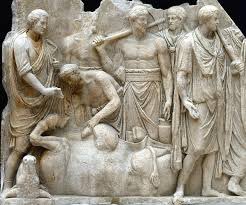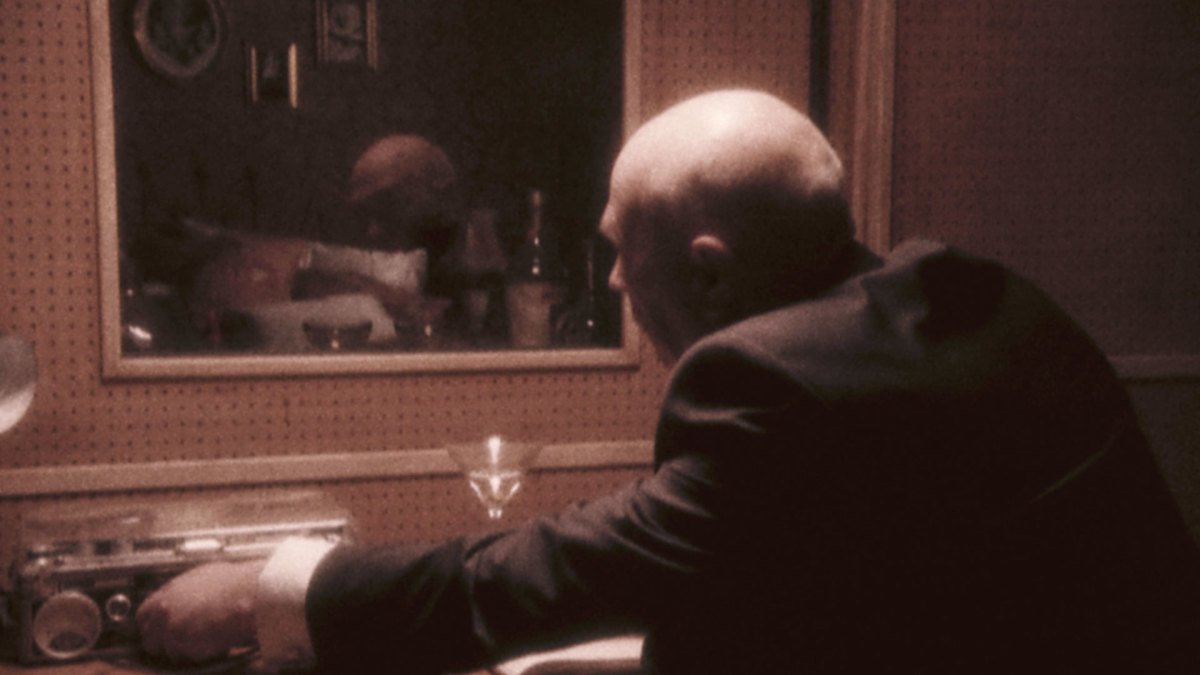There is a feature to your memories that doesn't reveal itself until you've accrued a great deal of them. When you are a child, your memories are mundane recollections of the recent past, a tube TV crammed inside your skull with a VHS player, little rewind buttons on your teeth. 







With time, the places, people, and moments that were always available will change or disappear. The moment a totem of familiarity that participates in your life is gone, you start making copies of copies. Your memories are not of things, rather you remember previous memories. 

As you reach maturity, whether that be at 16 or 42, you will have accumulated a great deal of loss. And furthermore your memories will start to trim themselves to make room for more. In comparison to your whole life, you choose to remember less, only for special occasions. 

This secret feature of your memories is when they stop being photographs and recordings for posterity. They start to melt and fade into watercolor. With time, your memories become a collage of highs and lows, euphoria and regret. Security camera footage turns into music video.
These highlights of your life will seep in and out of your minds eye in the most mundane and repetitive parts of your day, usually brief lulls at work or the mindlessness of a chore. The ecstacy of a former lover in your arms juxtaposed against the desolation of their breakup 

The moment your memories start to melt in overwhelming fashion is only made noticeable as the totems that created them are no longer available to you. Sometimes you return to places you once knew and find them alien now. When they are familiar, this is a feeling of invigoration. 







Further still, the same can occur for people. The refreshment of an old friend or even just some old coworker being excited to see you for a moment at the grocery store is paired with the grievance of someone close to you having become a stranger in your absence. 

There is a point in your youth when the dissipation of age starts to final become clear. Your life has been a desert voyage, wandering dunes and tracing the edges of a horizon made of glass. You come across a sandpit that grows larger day by day. You are standing in an hourglass. 

Anything beyond this point can only be conjecture, from my perspective at least. Those older than me can describe it better, those older than them can display it. The glassy eyed legitimate confusion of the demented elderly who've had their memories slip through fingers like sand 

So begins a steadily increasing awareness of the glass funnel beneath your feet and the sinking sands that hold them. A paper magazine with advice on eating avocados and doing crossword puzzles every day stands between you and a future of being empty headed and empty handed. 

Of course until that day comes, you have many memories to keep you company. And with their newfound artistic experimental display, you can enjoy the new insights your life can bring to you. No longer does the past recite to you in perfect recollection. Now it sings to you instead
• • •
Missing some Tweet in this thread? You can try to
force a refresh




































